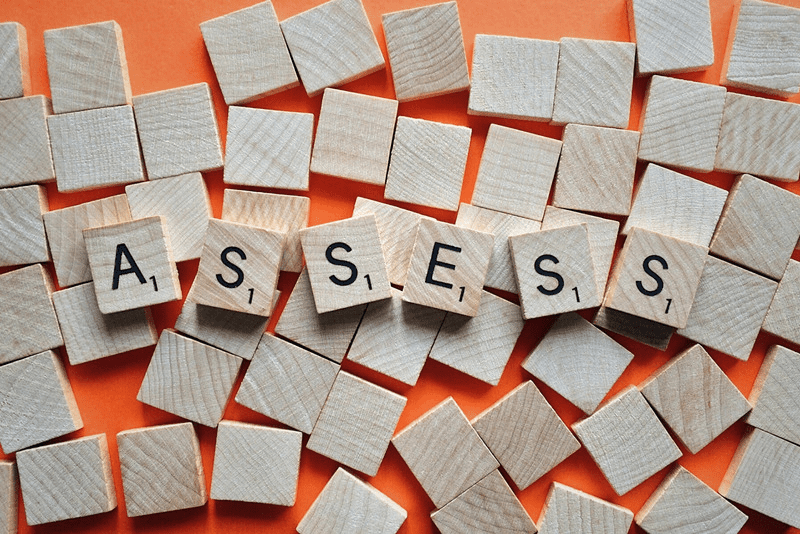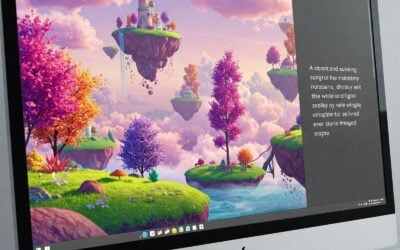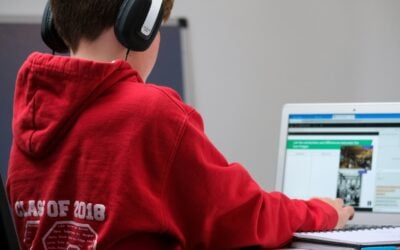This is the fourth and final installment in the four-part blog series on authentic learning. We’ll explore how assessments fit into the authentic learning process.
So far in the series we have discussed the components of authentic learning, the elements of a successful authentic learning environment, and how to integrate these experiences into existing curriculums. The final piece is assessment.
Why Do We Assess?
While assessment is not usually anyone’s favorite part of the learning process, it is necessary. All assessment seeks to measure student performance toward learning objectives or standards.
Types of Assessment
Assessment usually takes one of two forms: formative or summative. Both types of assessment can be used in an authentic learning environment, but it does take some creative thinking to break out of the scantron bubble.
- Formative Assessment
These assessments take place during the learning process, allowing for modification of both teaching and learning activities. A couple of great examples of formative assessment in authentic learning are journals and student interviews.
While assessment is not usually anyone’s favorite part of the learning process, it is necessary, since it measures student performance toward learning objectives. Share on XJournals
Journals are a space for students to process through what they are learning. As students process, teachers can read the journals and see areas where students are struggling.
Interviews
Interviews are very similar. A casual conversation between teacher and student gives the teacher a unique opportunity to connect and evaluate. These interviews can also be more creative and simulate a job or TV interview.
Both journals and interviews are equivalent to experiences in the real world. Students will be building useful skills while actively taking part in the learning process.
- Summative Assessment
Summative assessment usually takes place at the end of a unit or semester. These assessments look at student achievement toward standards. Because these assessments take place after a longer period of time, large projects, such as reports, speeches, or videos, can be very useful. These assessments will require more time and effort, but can be much more creative. Students can even work in small groups to complete these assessments.
A Pass has the capabilities to develop assessment items for higher ed learners. Check out our samples page.
Tips for Assessing Authentic Learning Experiences
1. Make it frequent
Assessment in authentic learning is time consuming for both teachers and students. Creating these types of assessment can be daunting, but it will become enjoyable and rewarding. Put authentic assessment into process and use it often.
2. Go step-by-step
Because these assessments are larger, it’s important to break them down. Provide small steps for students to accomplish as they move toward the final product. Timelines are not necessary. Allow students to set their own pace toward a firm, final deadline.
3. Rules as guidelines
It’s important to not focus on enforcing all rules when assessing authentic learning. Think of rules as guidelines while embracing creativity and flexibility.
4. Start with the end in mind
The best place to start is with the assessment. Create the assessment first and design the lessons around that assessment.
5. Try to match interests of students
To get students more engaged in the assessment process, match assessments to student interests. Take a poll or ask students to “write-in” some of their topics of interest, so there are a number of options.
One way to get students more engaged in the assessment process, match assessments to student interests. Share on X6. Reflect, reflect, reflect
Provide an opportunity for students to reflect on the assessment and process overall. Reflection is an important part of any authentic experience and students will feel valued.
These tips are a great place to start when creating assessments for authentic learning experiences. For ideas on crafting assessments for your curriculum check out this higher ed assessment samples page to see just a few examples.




